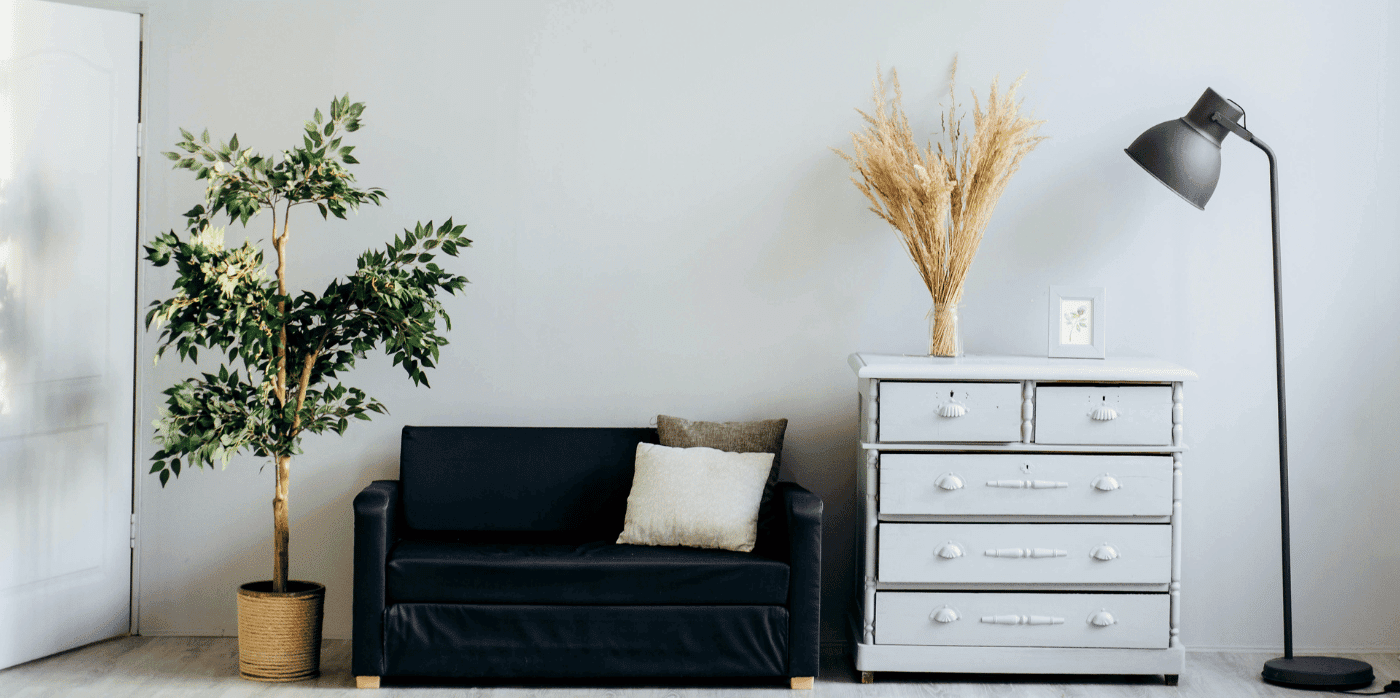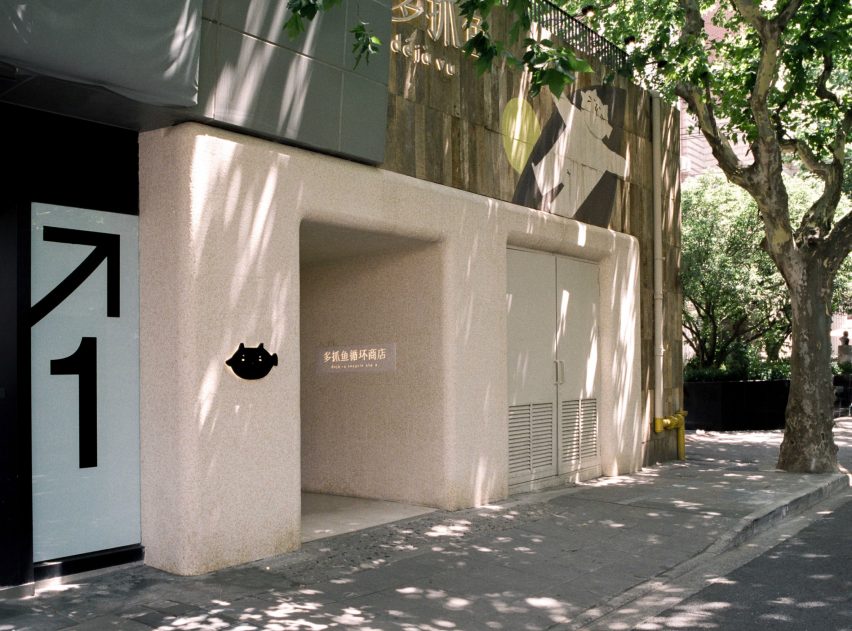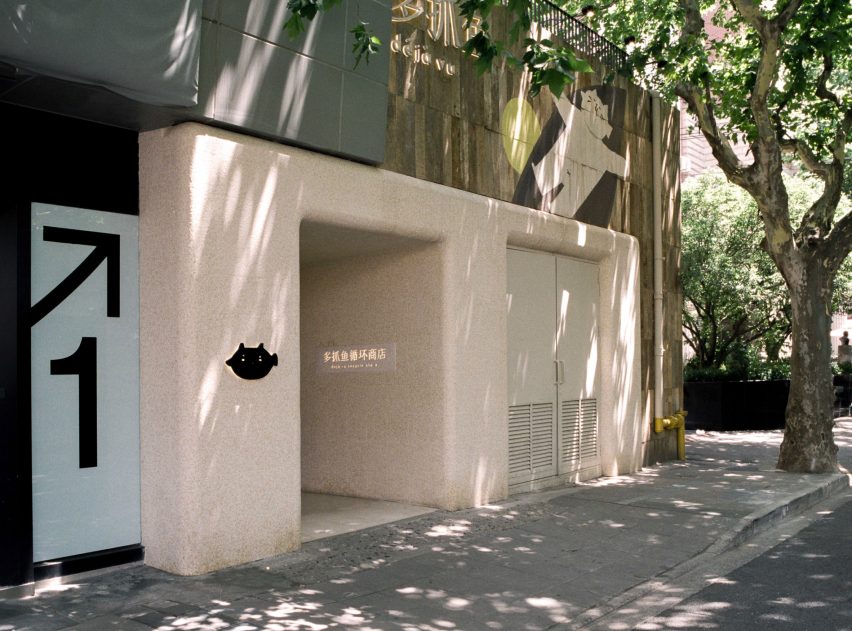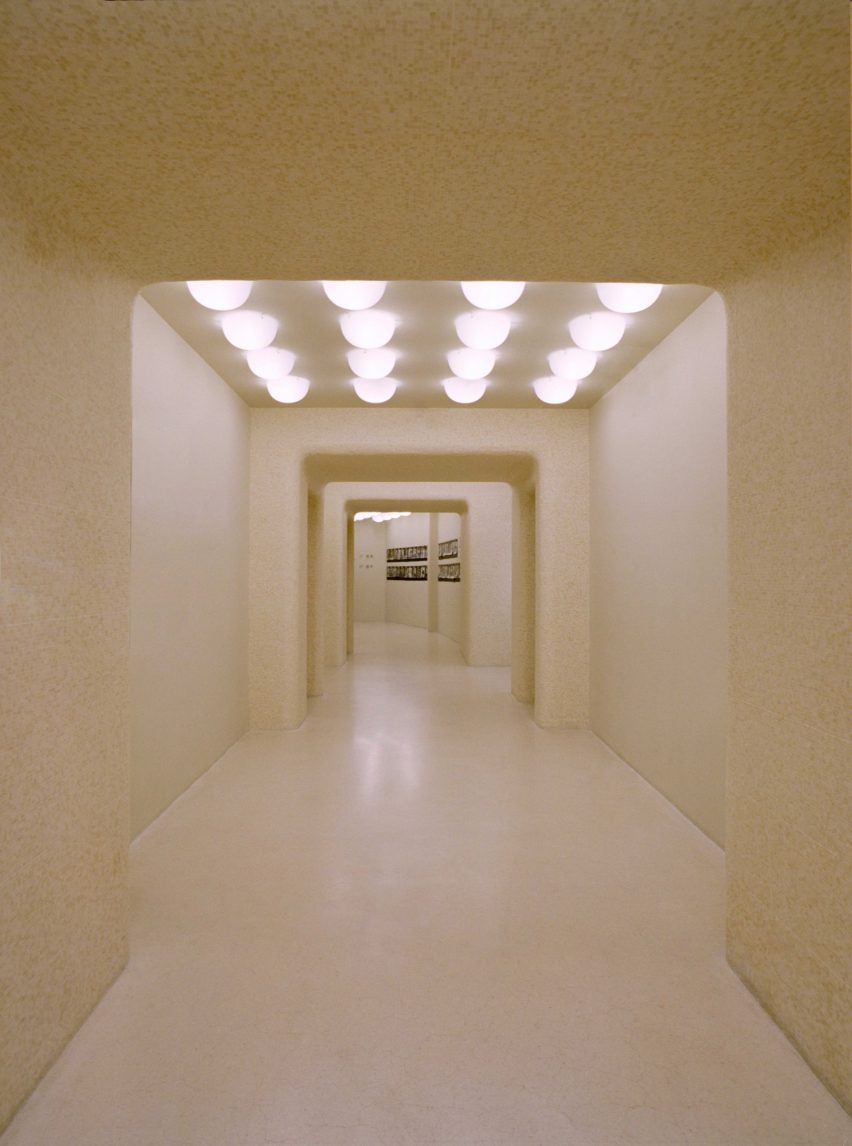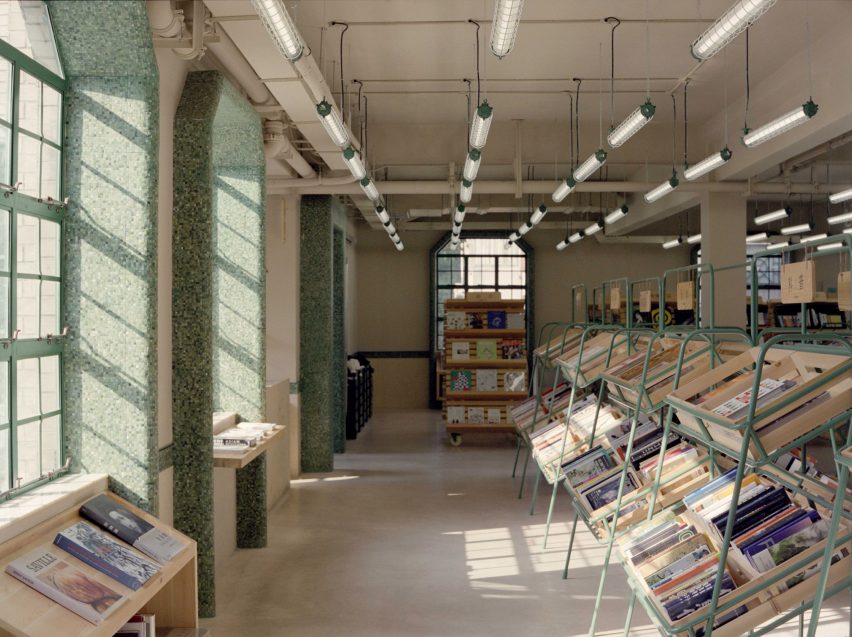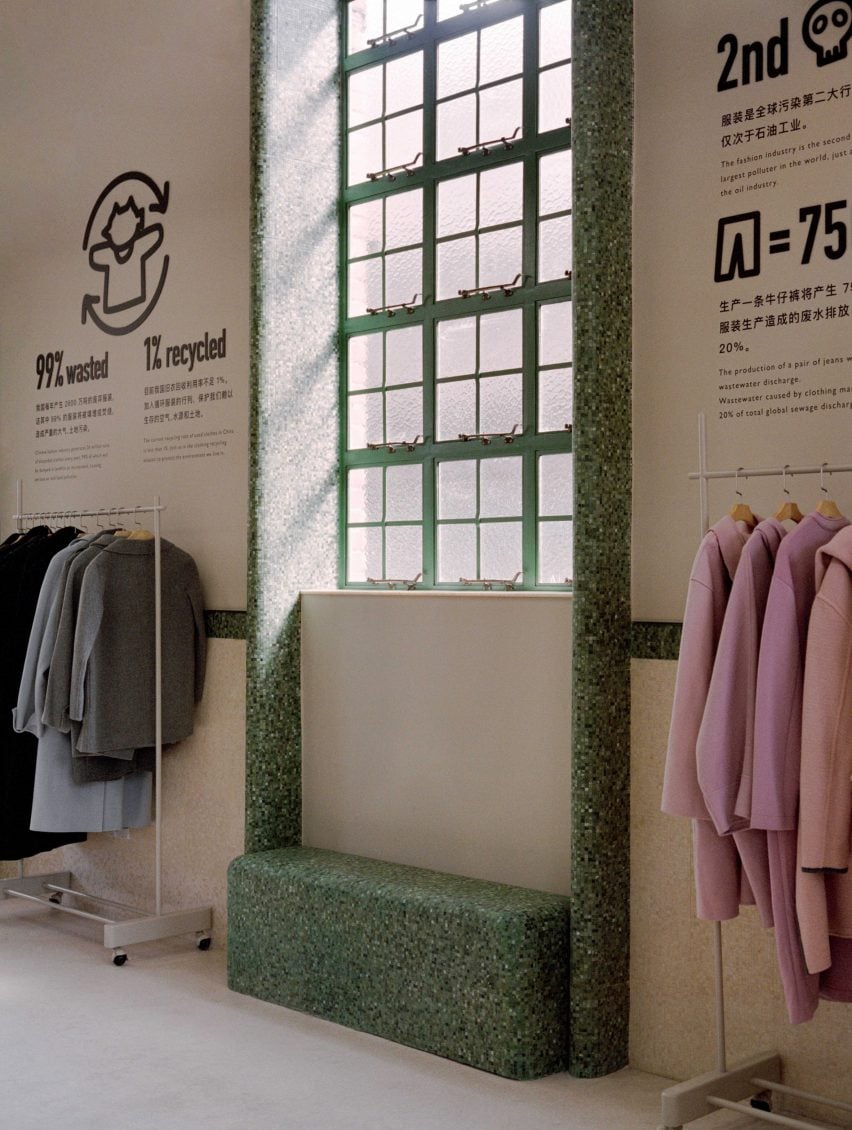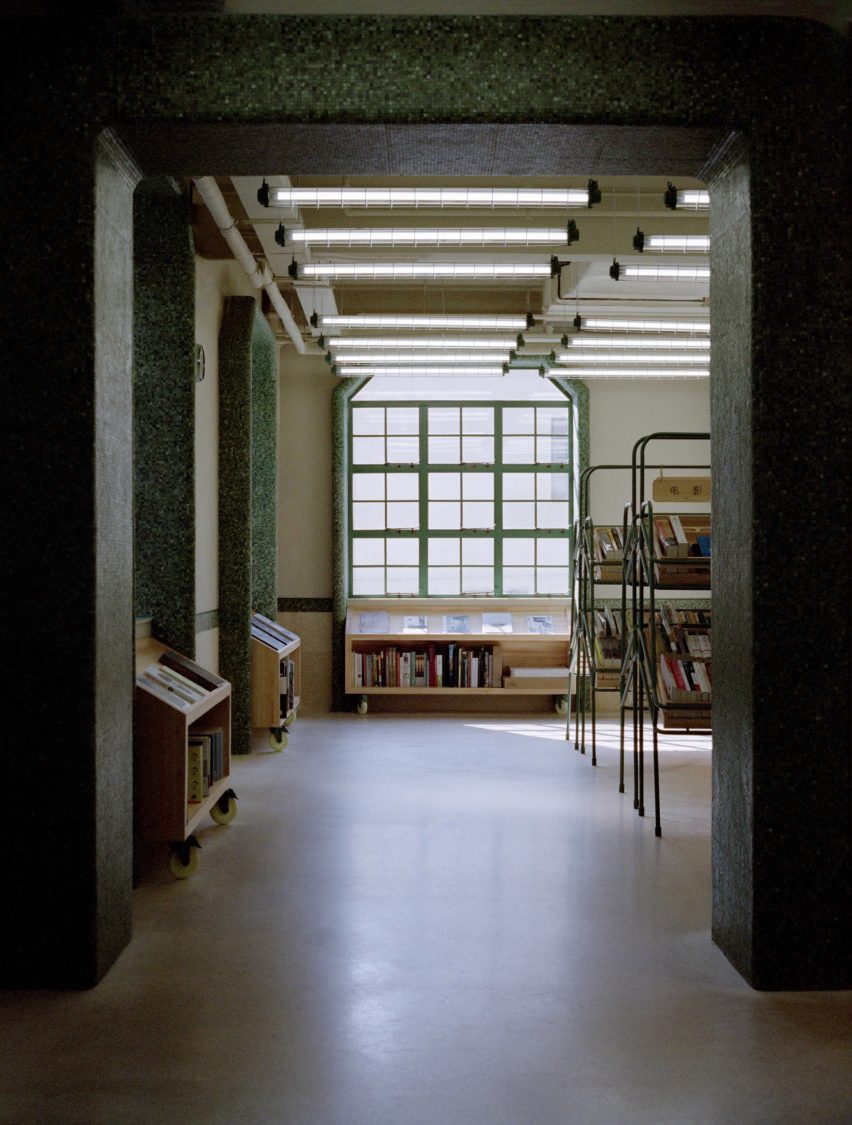A marketplace for second-hand furniture

Spotted: Resale in fashion has risen in popularity in recent years, and now curators and sellers are taking inspiration from that model to create a burgeoning second-hand furniture market. As demand from shoppers for sustainable home furnishings grows, Berlin-based Cocoli’s online marketplace makes it easy to find high-quality bargain furniture.
The company’s name means Community for Conscious Living, and its resale platform provides expert-reviewed second-hand, showroom, end-of-stock, and vintage furniture or home furnishings from both private sellers and well-established brands. Cocoli partners with companies like Wayfair, Sofacompany, and Kave Home to keep products out of landfill by selling them for up to 70 per cent less than the original price.
Cocoli started with around 200 items for sale. In less than two years, the company has expanded its range of products to 350,000, which will continue to grow as it expands its network of sellers. Individuals wishing to sell on the marketplace fill out an application form. The in-house experts then check items for authenticity, quality, and condition before listing the product online. Sellers do not pay transport fees, and prices include the service fee Cocoli collects for inspecting the product and organising shipment.
The company recently closed a round of seed funding that raised €3 million. The financing will be used to improve automation of technologies, general expansion of the company, and monitoring of the company’s climate footprint.
Creative solutions abound in the homewares industries. In the archive, Springwise has spotted waste materials such as wood and general production waste being turned into beautiful new pieces of furniture and other materials.
Written By: Keely Khoury

